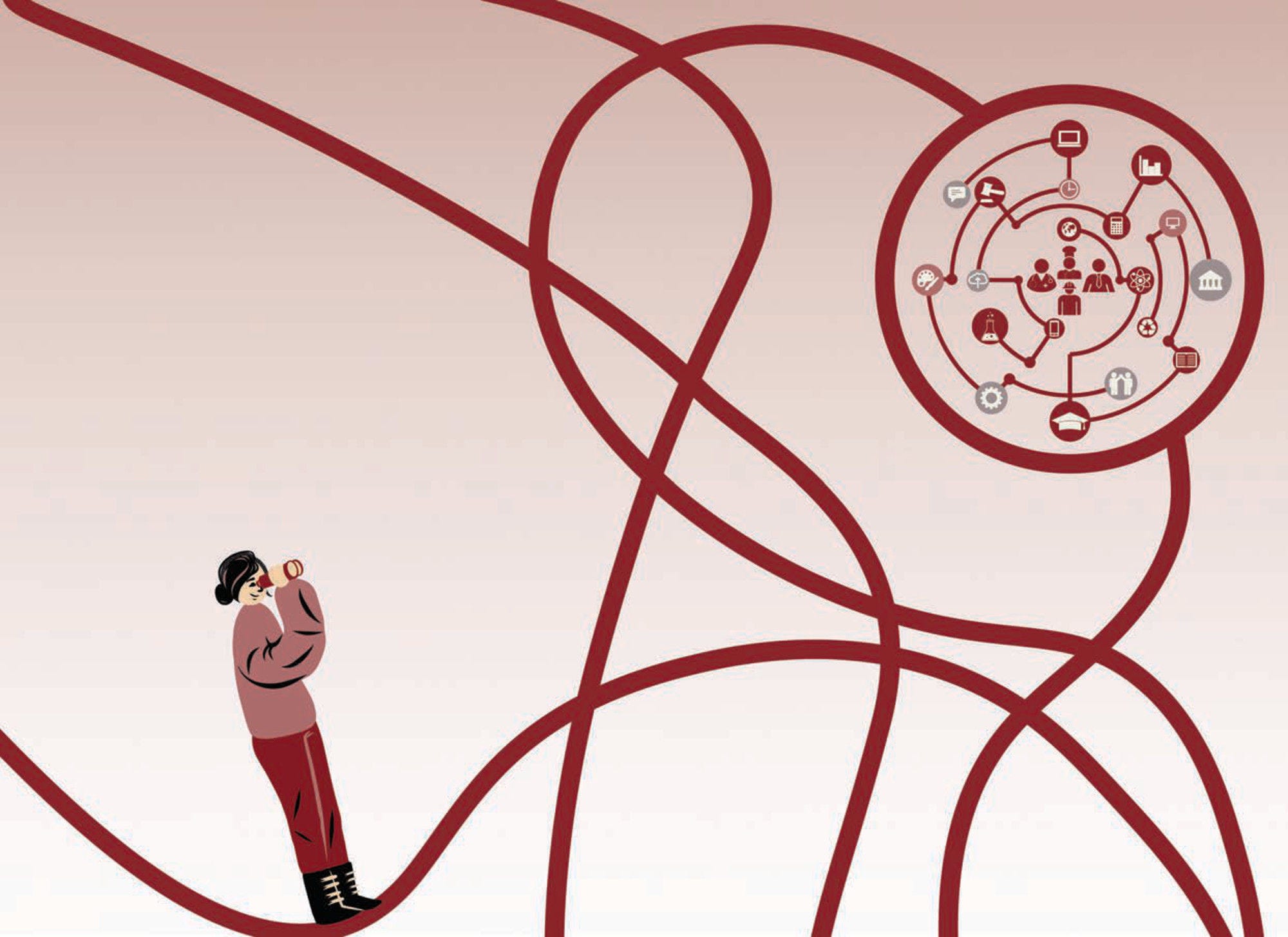This report assesses whether training workers in small and medium-sized enterprises (SMEs) in Korea is adequate, relevant, and aligned to skills needs. It analyses policy options to expand access to training for SMEs, remove the barriers to training participation/provision, and ensure that training provided by SMEs supports their growth and encourages innovation, particularly in the context of the 4th industrial revolution. Based on this analysis, this report provides actionable policy recommendations as well as good practice examples from OECD countries.
Enhancing Training Opportunities in SMEs in Korea

Abstract
Executive Summary
Enhancing training opportunities in SMEs should be a policy priority for Korea. SMEs are the backbone of the Korean economy, representing 99.9% of firms and providing 80% of business sector jobs. Yet, they lag behind large companies when it comes to productivity and working conditions.
While investing in adult learning in SMEs is already urgent, this will be accentuated further by several mega-trends such as digitalisation, population ageing and globalisation. OECD estimates show that 44.3% of SME jobs in Korea could be partially/completely automated should new cutting-edge technologies be introduced (against 36.5% of jobs in larger firms) highlighting the need for SME workers’ continuous reskilling. Population ageing, which is taking place very rapidly in Korea, will also increase the need for adult learning over longer working careers. Given that most older workers in Korea work for or run an SME, closing the skills gaps between youth and older generations will be crucial.
Despite the urgency of skills investments, Korean SMEs lag considerably behind large firms when it comes to training:
Korea has the second largest variation in training participation across firm sizes in the OECD. Only 30% of workers in micro-firms (10 employees or less) participate in job-related training in a given year, a share that gradually increases to about 70% in large firms (over 250 employees).
Korean SMEs provide far less training opportunities to their workers than large firms. In 2015, only 43% of small firms provided training (other than mandatory) to their workers, against 53% of medium-sized firms and 64% of large firms.
There are several reasons behind low skills investments in SMEs. The attitudes of business owners and SME managers are not always supportive of training. Moreover, lack of staff, fear of poaching, absence of a dedicated HR department, and training costs, also contribute to poor skills investments by SMEs. Adult learning policy measures should be put in place to tackle these barriers and encourage SMEs to offer training to their employees.
On top of receiving less training opportunities from their employers, SME workers also face additional obstacles to training. Lack of time is a key barrier, cited by 63% of SME workers who would have liked to participate in (more) training but did not, above any other OECD country. Lack of information and financial constraints are also important obstacles to training for SME workers. Korea needs to ensure that SME workers are able to find the time to train in more flexible ways, are supported in their training decisions (e.g. through career guidance), and are able to benefit from the plethora of financial incentives available.
Training quality is another key issue in Korea. According to PIAAC, only 32.7% of SME workers in Korea found their job-related training activity very useful for the job – lower than any OECD country except for Japan. Considerable efforts have been put in place to improve and monitor training quality. However, more could be done. There is a need to ensure that adult learning teachers are sufficiently prepared, that training quality is adequately measured, and that adult learning programmes are updated continuously in line with changing labour market needs.
The governance and financing of the adult learning system could be improved. Like in other OECD countries, in Korea a variety of ministries, the local government, and different stakeholders have some degree of responsibility over adult learning. Going forward, the policy priorities for Korea revolve around streamlining the governance and financing of the adult learning system and better involving social partners.
There is only so much that adult learning policy can do to increase training opportunities in SMEs. Contextual factors – such as labour market duality, the tradition of seniority wages that potentially creates a wedge between workers’ wages and productivity, and the dependency of Korean SMEs on large conglomerates – significantly contribute to low training patterns in SMEs. This suggests that complementary policies that go beyond the scope of adult learning (e.g. labour market and industrial policies) also need to be put in place to promote skills investments in SMEs.
Post-script: While this report was being finalised, Korea and the rest of the world were responding to a global health pandemic, COVID‑19. The policy measures taken to contain the virus will have long-lasting impacts on the economy and labour markets. While the labour market context has changed significantly, the need for SMEs to adapt, and for SME workers to learn quickly, has never been greater. The analysis and recommendations offered in this report are intended to support these efforts. The policy recommendations for enhancing the provision of distance learning and the digital skills of SME workers to take up these opportunities as well as strengthening career guidance are particularly relevant.
In the same series
Related publications
-
30 July 2024
-
 Country note10 July 2024
Country note10 July 2024











